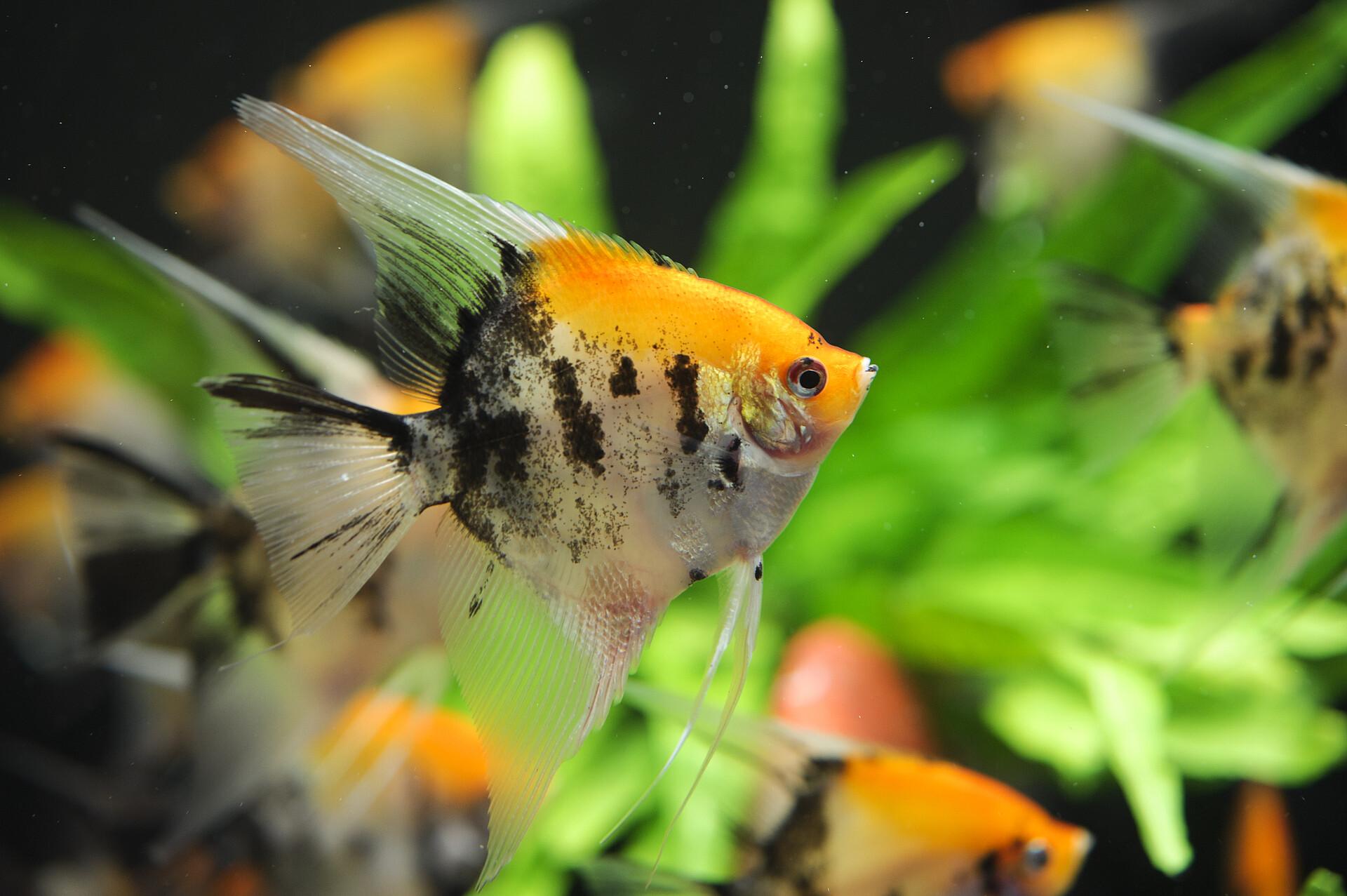#PETCARENOTPETBANS
10 arguments against a positive list
The proposal to introduce a positive list is motivated by the objective of avoiding animal suffering. We share the concern, but disagree when it comes to the solution. In our view, positive lists are not suitable for this, for the following reasons:

1. Restricts diversity
With the introduction of a positive list, the variety of pet species in legal trade and in legal personal possession would be restricted, but not the quantitative breeding and import of a species. This could have negative consequences for animal and health protection.
2. Incorrect keeping conditions
There is a risk that a positive list does not contain animal species suitable for certain living and housing situations and that pet owners affected by this will therefore switch to animal species that are unsuitable for them, but are permitted, with consequences relevant to animal welfare.
3. More illegal trade
A positive list could lead to undesirable consequences through acquisition from uncontrolled supplies (cf. illegal puppy trade) and subsequently cause animal welfare problems in the keeping of pets. Animals acquired bypassing the pet trade and via unprofessional courier services would possibly not be presented to the veterinarian.
4. Arbitrary discrimination
Which species are considered "not as demanding"? The complex question of which animals are suitable for living with humans cannot be answered with the instrument of the positive list. Whether animals are suitable for living with humans in private households depends on whether they can be kept according to their biology and needs. But how would good keeping conditions be defined? There is a danger of arbitrary discrimination.
5. No objective criteria
Objective criteria are obviously difficult to establish: The various drafts for positive lists in the Netherlands show that unbalanced preference is given to certain animals, which, however, are not particularly relevant in pet keeping.
6. Species protection is made more difficult
A positive list leads to a loss of knowledge in the field of species conservation and conservation breeding. In order to understand the keeping requirements of animals and to decide on their suitability for private keeping, experience in keeping and breeding must first be obtained. This would make it impossible to include animal species in the positive list.
7. Conservation breeding is impaired
Responsible private animal keeping and breeding, especially of species whose biotopes are threatened by human intervention, contributes to species conservation. Many keepers and breeders of the more rarely kept species are important partners for zoos and scientific institutions. In particular, coordinated conservation projects on a scientific basis between private keepers and/or scientific institutions could be endangered.
8. Knowledge on pet care would be lost
The pet industry has enabled progress in the development of pet food, enclosures, aquarium equipment, special lighting for reptiles, etc., because it could count on sales opportunities in a heterogeneous pet market. The experience obtained in breeding and keeping pets with regard to the animals' needs has in turn helped to develop animal-friendly products.
9. Fundamental rights are disproportionately restricted
The right to keep a wide variety of pets is, among other things, an expression of the rights of personality protected in Article 2 (1) of the German Basic Law. A positive list prohibiting the keeping of pets on principle would disproportionately restrict this right. Depending on which person keeps a pet and in which context, the general principle of equality, freedom of occupation, freedom of science and the guarantee of property are also affected. A positive list is also incompatible with the freedom of movement of goods protected under Article 34 TFEU. Detailed information on this can be found in the expert opinion by Prof. Dr. Dr. Tade M. Spranger.
10. The social value of pet ownership is at risk
Pets are an important part of our social and cultural life. It is not without reason that people in almost every second household in Germany live with pets. It has been researched for centuries and proven for a long time that pets have a positive effect on the mental and physical health of their owners. Children and young people in particular seem to benefit in their cognitive and social development from living with a pet. The multiple positive effects of pet ownership represent an important benefit for individual pet owners, for our health system and for society as a whole. The general ban on pet ownership by means of a positive list gives the impression that pet ownership is in principle something bad. In fact, the opposite is true.